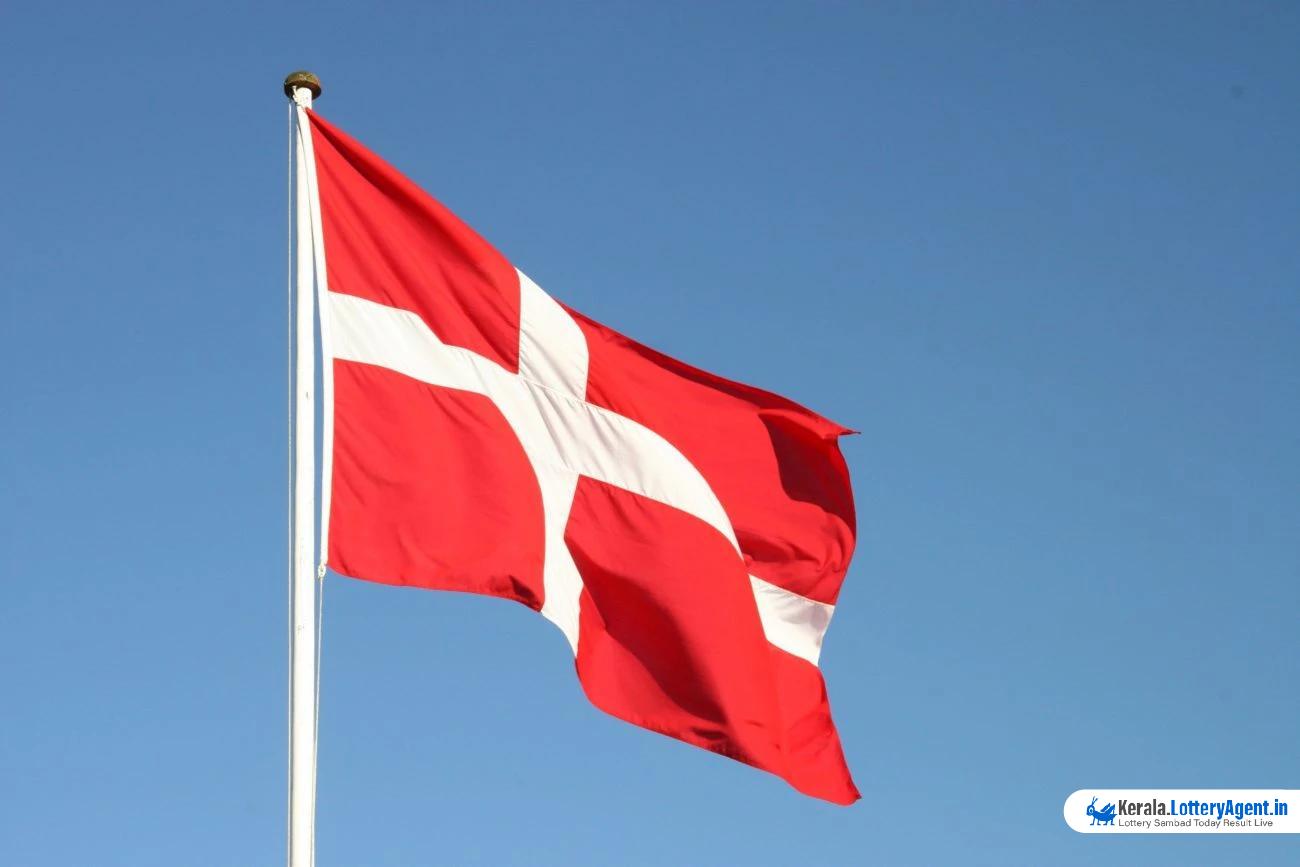
Danske Spil, Denmark’s premier gambling operator, has posted promising financial results for the first quarter of 2023, reflecting a 2.2% increase in group revenue compared to the same period last year. Group revenue for the three months ending 31 March 2023 soared to DKK1.24bn (£140.5m/€166.2m/$178.3m) from DKK1.22bn in Q1 2022, underlining a resilient business performance despite several market challenges.
Leading the surge in revenue was the core lottery segment, Danske Lotteri Spil, which experienced a robust 4.9% year-on-year increase to hit DKK711m. This was bolstered significantly by attractive jackpots in the Eurojackpot game, which benefited from operational changes, including the introduction of extra draws and the opportunity for higher winnings.
However, not all business units within Danske Spil thrived. Revenue from Danske Licens Spil, which encompasses sports betting and online casino operations, witnessed a slight decline of 1.0%, settling at DKK393m. The decline in sports betting revenue proved to be a stumbling block despite the growth in the casino segment, attributed to an influx of customers.
The company’s report highlights the fierce competitive landscape and weakened profit margins as critical factors impeding the sports betting sector. Moreover, the retail market has been sluggish since the 2021 mandate for compulsory player ID cards, adding further hurdles to growth in this area.
A more substantial drop was observed in the Swush fantasy sports platform’s performance, with revenue plummeting by 50.0% year-on-year to DKK1m. This fall came on the heels of Danske Spil’s strategic decision early in Q1 to divest a 60% ownership stake in Swush to the Danish tabloid, Ekstra Bladet. The sale, however, had a silver lining, generating DKK27m extra income in the quarter, which provided a cushioning effect against revenue contractions in other areas.
.
Another noteworthy aspect of the fiscal report was Elite Gaming, the company’s gaming hall and land-based slots business, which also mirrored a modest decline of 1.3%, recording revenues of DKK75m. Meanwhile, Danske Klasselotteri, which was integrated into Danske Spil in April 2022, managed to maintain stable revenues at DKK64m, courtesy of its biannual draws, which direct 65% of ticket sales to the prize fund.
On the expenditure front, Danske Spil managed to maintain a relatively steady course. Agent commissions remained level at DKK156m, while other gaming-related costs decreased by 8.2% to DKK101m. Despite other costs staying relatively unchanged year-on-year, the company experienced some upward pressure on external costs due to inflationary trends in goods and services prices, although these were partly offset by reduced depreciation and marginal savings in personnel expenses.
The financial health of the company received a significant boost from the DKK27m proceeds of the Swush sale, which, along with the augmented revenue, propelled the pre-tax profit to DKK646m, marking an impressive 9.9% increase from the previous year’s DKK588m.
The operator paid DKK137m in taxes, resulting in a net profit of DKK510m for Q1 2023, a notable improvement from DKK459m in the same quarter last year. This underlines the company’s resilient fiscal management and strategic maneuvering amidst a competitive and regulatory-challenged market environment.
Looking ahead, Danske Spil remains optimistic about its financial projections for the full year. The operator maintains its revenue forecast between DKK5.0bn and DKK5.2bn for the financial year 2024. In terms of profitability, Danske Spil expects to achieve a profit after tax ranging from DKK1.8bn to DKK1.9bn for FY 2024.
In conclusion, the first-quarter results of 2023 point towards a cautiously optimistic outlook for Danske Spil. The company’s prudent strategic decisions, coupled with its capability to sustain core revenue streams amidst external pressures, highlight its robust position in the Danish gambling market. As Danske Spil navigates through the remaining quarters of the year, stakeholders will be watching closely to see if it can sustain and build on this early momentum.












